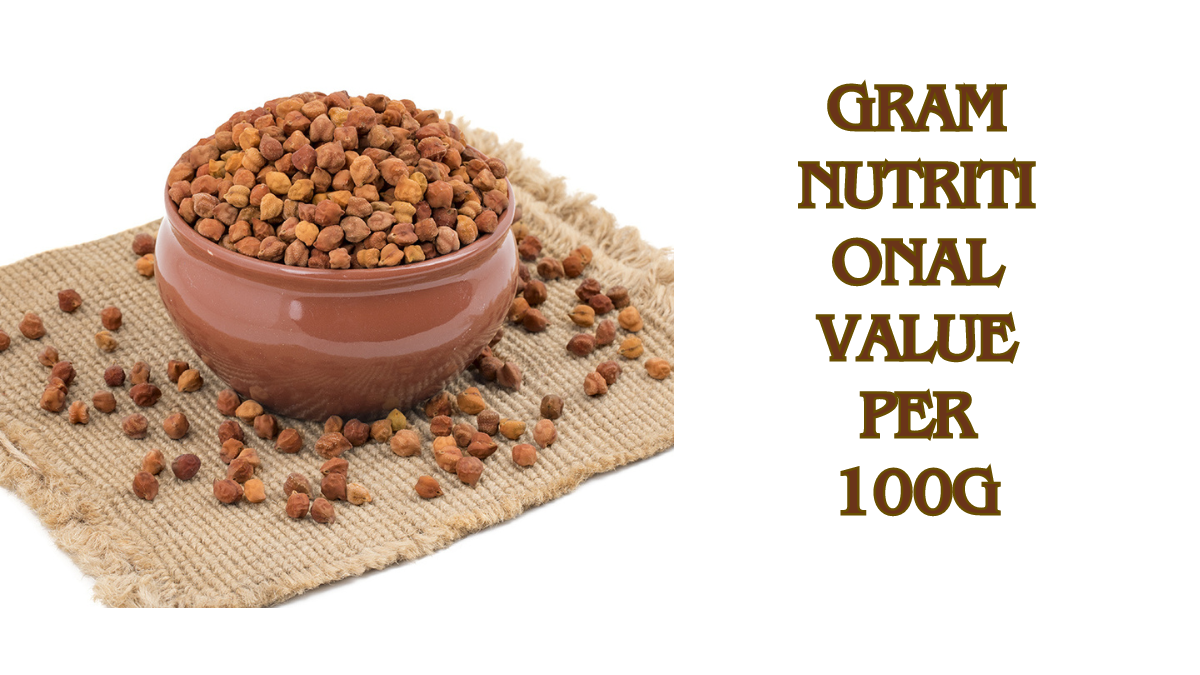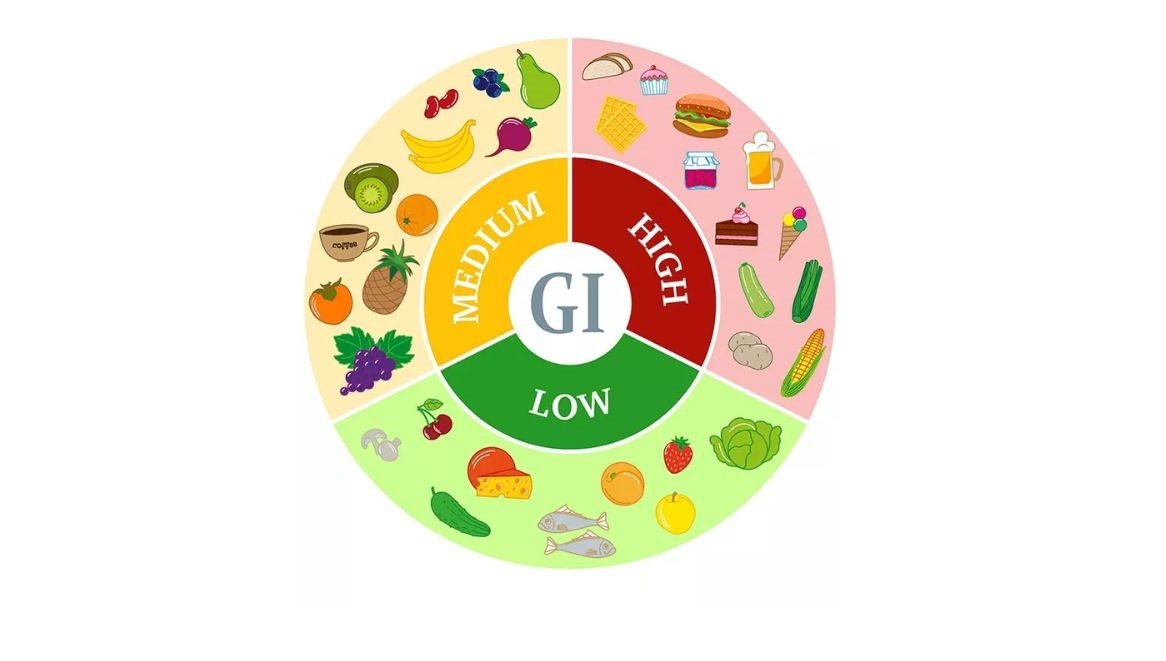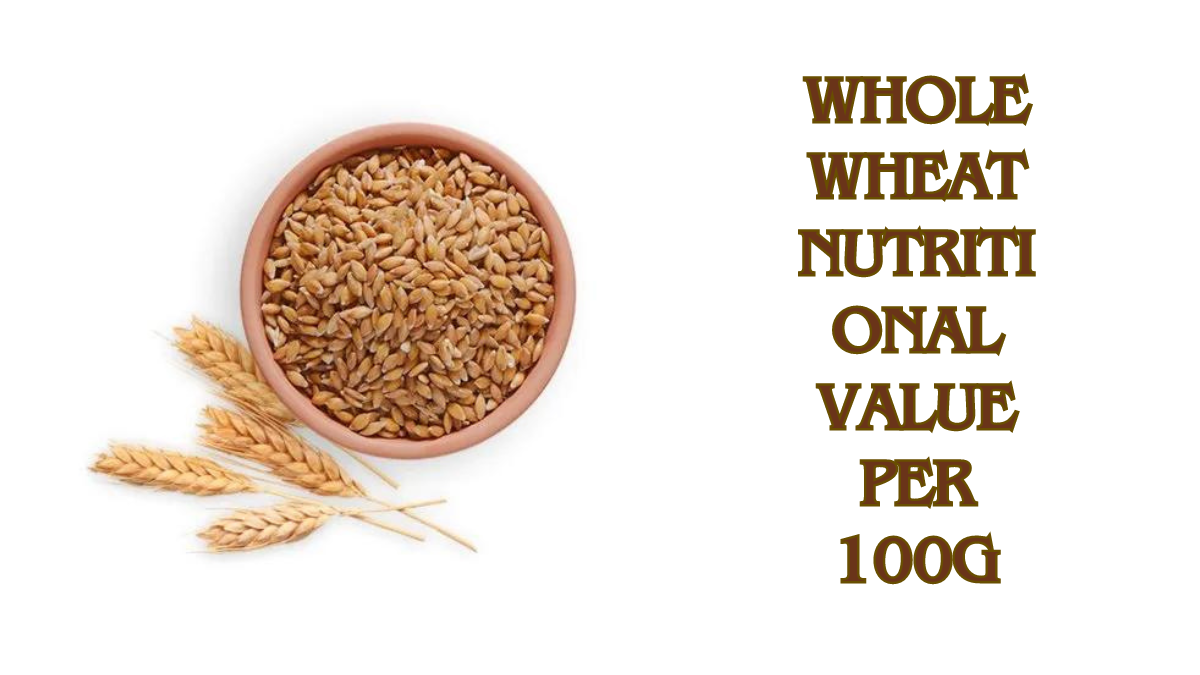Both black wheat and common wheat offer distinct benefits due to their unique nutritional composition and culinary versatility:
Benefits of Black Wheat:
- Higher Antioxidant Content: Black wheat contains high levels of antioxidants, especially anthocyanins, due to its dark color. These antioxidants are linked to potential health benefits, such as reducing oxidative stress and inflammation in the body.
- Potential Health Advantages: The increased antioxidant content in black wheat may contribute to improved overall health and reduced risk of chronic diseases by combating free radicals that cause cellular damage.
- Nutritional Enrichment: The nutritional profile of black wheat, including its high antioxidant levels, provides an opportunity to increase dietary nutrient intake, contributing to more diverse and potentially beneficial food selection.
- Unique Culinary Use: Its distinctive color and nutty flavor profile provide an exciting culinary experience, allowing the creation of specialty breads, pastas, desserts and other dishes that stand out in terms of taste and appearance.
Benefits of Normal (White) Wheat:
- Versatility in Culinary Applications: White wheat is widely used in various baking recipes due to its neutral flavor and fine texture. It contributes to creating a light, fluffy and attractive texture in breads, pastries, cakes and other baked goods.
- Dietary Fiber: Despite the refining process that removes some of the outer layers, white wheat still contains dietary fiber, which contributes to digestive health and provides a feeling of satiety, which can aid in weight management and maintaining overall health. Could.
- Folate and B Vitamins: White wheat, especially when unrefined or in whole grain form, retains essential nutrients like folate and B vitamins, which contribute to energy production, cell health and overall well-being.
- Widespread Availability: White wheat is more available and accessible in grocery stores and markets than black wheat, making it a staple ingredient for many recipes and food products.
Both types of wheat provide unique benefits, and including different types of grains in a balanced diet can contribute to diverse nutrient intake. The choice between black wheat and common wheat may depend on personal taste preferences, culinary needs, and desire to explore the potential health benefits associated with different grain varieties.
Benefits of Black Wheat FAQ
Q: What are the primary health benefits of black wheat?
Answer: Black wheat contains high levels of antioxidants, particularly anthocyanins, which offer potential health benefits. These antioxidants help contribute to overall health by combating oxidative stress, reducing inflammation, and protecting cells from free radical damage.
Q: How do the antioxidants in black wheat contribute to health?
Answer: Antioxidants like anthocyanins, found in black wheat, have been linked to various health benefits, including reducing the risk of chronic diseases like cardiovascular problems, certain cancers, and cognitive decline.
Q: Can black wheat consumption contribute to improved heart health?
Answer: The antioxidants present in black wheat may potentially benefit heart health by reducing oxidative stress and inflammation, thus contributing to better heart function. However, a balanced diet and lifestyle factors also play an important role in heart health.
Q: Are there any studies supporting the health benefits of consuming black wheat?
Answer: Although research specifically on black wheat may be limited, studies on other anthocyanin-rich foods suggest potential health benefits associated with their antioxidant content. Further research on the specific benefits of black wheat is ongoing.
Q: How does the antioxidant content in black wheat compare to other antioxidant-rich foods?
Answer: Due to the anthocyanin content black wheat can be compared to other antioxidant-rich foods such as blueberries, blackberries and some vegetables that are known for their dark color. However, the exact antioxidant levels may vary between different foods.
Q: Can incorporating black wheat into the diet help with inflammation-related conditions?
Answer: The antioxidants present in black wheat may potentially help reduce inflammation. While more research is needed, a diet rich in antioxidants, including the antioxidants found in black wheat, may have positive effects for managing inflammation in the body.
Q: Does black wheat consumption offer benefits beyond its antioxidant content?
Answer: In addition to antioxidants, black wheat provides essential nutrients such as fiber, vitamins and minerals, which contribute to overall nutritional intake. Its unique taste and culinary versatility also adds variety to the diet.
Q: Does black wheat consumption contribute to weight management?
Answer: Black wheat, due to its high fiber content and potential ability to reduce oxidative stress and inflammation, may play a role in weight management. Fiber helps promote satiety and can help maintain a healthy weight when part of a balanced diet and active lifestyle.
Q: Can black wheat consumption impact skin health?
Answer: The antioxidants in black wheat, especially anthocyanins, contribute to reducing oxidative stress, which may potentially benefit skin health. Antioxidants help protect skin cells from damage caused by free radicals, possibly contributing to healthier-looking skin.
Q: Are there any known allergic reactions or sensitivities associated with black wheat?
Answer: Some individuals with allergies or sensitivities to wheat may react the same way due to the wheat content in black wheat. People with gluten-related disorders such as celiac disease should avoid both black wheat and common wheat as they both contain gluten.
Q: Can black wheat be beneficial for individuals with diabetes or blood sugar concerns?
Answer: The antioxidants and fiber present in black wheat can contribute positively to managing blood sugar levels. However, individuals with diabetes or blood sugar concerns should consult a health care professional to understand how black wheat fits into their specific dietary needs.
Q: Is black wheat suitable for everyone, including children and older adults?
Answer: Black wheat can be part of a balanced diet for most individuals, including children and the elderly, especially given its potential health benefits. However, individual dietary requirements and any specific health conditions should be considered before incorporating it on a large scale.
Q: Are there specific cultural cuisines or regions where black wheat is traditionally used?
Answer: Although black wheat is not widely used in mainstream cuisine, it may have historical or traditional significance in some areas known for specific grains. Its unique properties can be incorporated into traditional dishes in some cultures.
Benefits of Normal (White) Wheat FAQ
Q: What are the primary nutritional benefits of normal (white) wheat?
Answer: White wheat, especially in its whole-grain form, provides essential nutrients such as dietary fiber, B vitamins (such as folate), minerals (such as magnesium and iron), and protein, which contribute to overall health and well-being. gives.
Q: How does the fiber content in normal wheat benefit health?
Answer: The dietary fiber in white wheat, especially in its unrefined form, supports digestive health, aids in regular bowel movements, and may help reduce the risk of certain diseases like heart disease and type 2 diabetes.
Q: Can white wheat consumption contribute to maintaining a healthy weight?
Answer: Including moderate portions of whole-grain white wheat as part of a balanced diet may help with weight management due to the fiber content, which promotes feelings of satiety, potentially reducing overall calorie intake.
Q: Is white wheat consumption beneficial for heart health?
Answer: Whole grain white wheat, due to its fiber content and nutrient profile, may support heart health by helping lower cholesterol levels and reducing the risk of heart disease.
Q: Does white wheat provide benefits for brain health and cognitive function?
Answer: Some nutrients found in white wheat, such as folate and other B vitamins, are essential for brain health and cognitive function. They support nerve function and contribute to mental clarity and overall brain health.
Q: Can incorporating white wheat into the diet help in preventing certain diseases?
Answer: Consuming whole grain white wheat is linked to a lower risk of chronic diseases such as heart disease, type 2 diabetes and some cancers due to its nutrients and fiber content.
Q: Are there any concerns or drawbacks associated with consuming white wheat?
Answer: Some individuals may have gluten sensitivity or allergy to wheat proteins, which may cause adverse reactions. Additionally, refined white wheat products may have lower nutritional value than whole grain alternatives.




